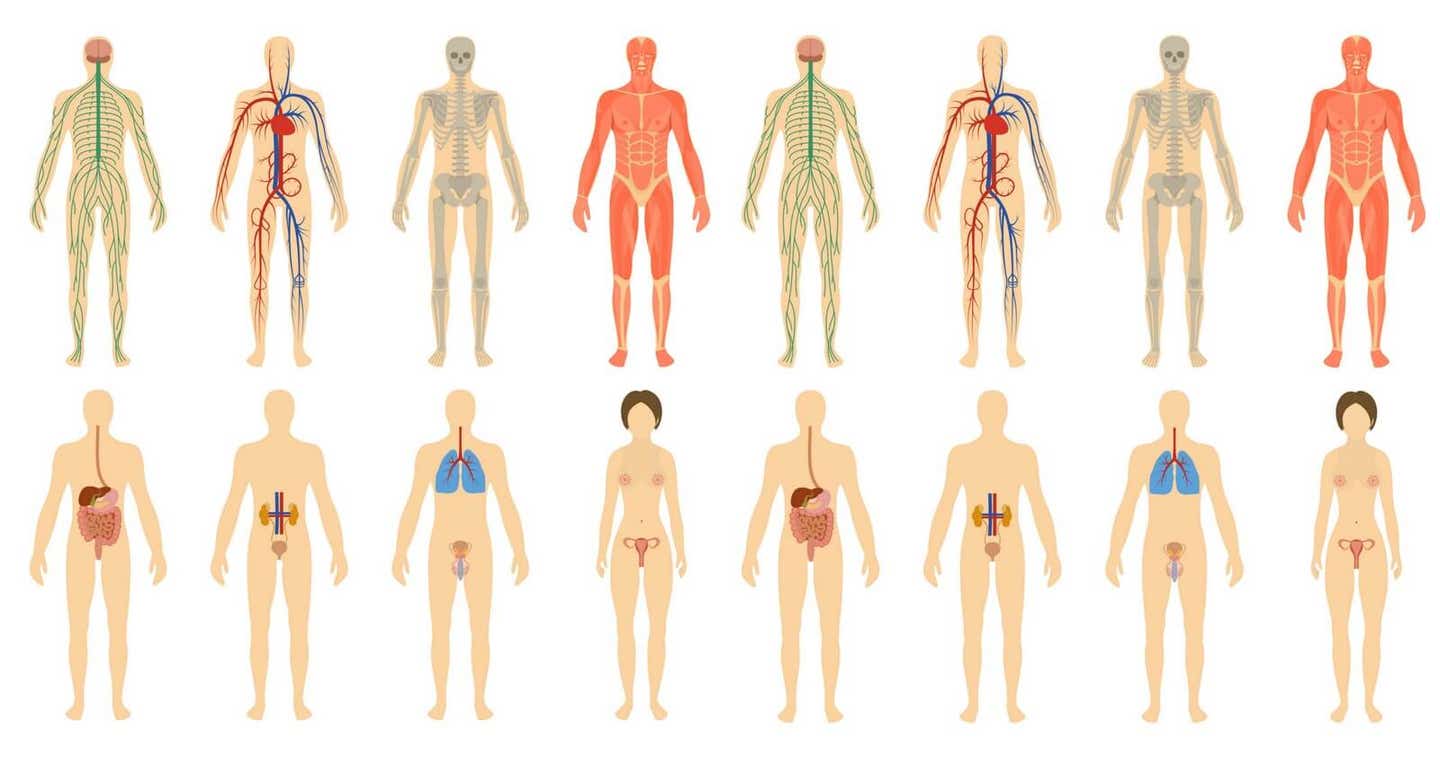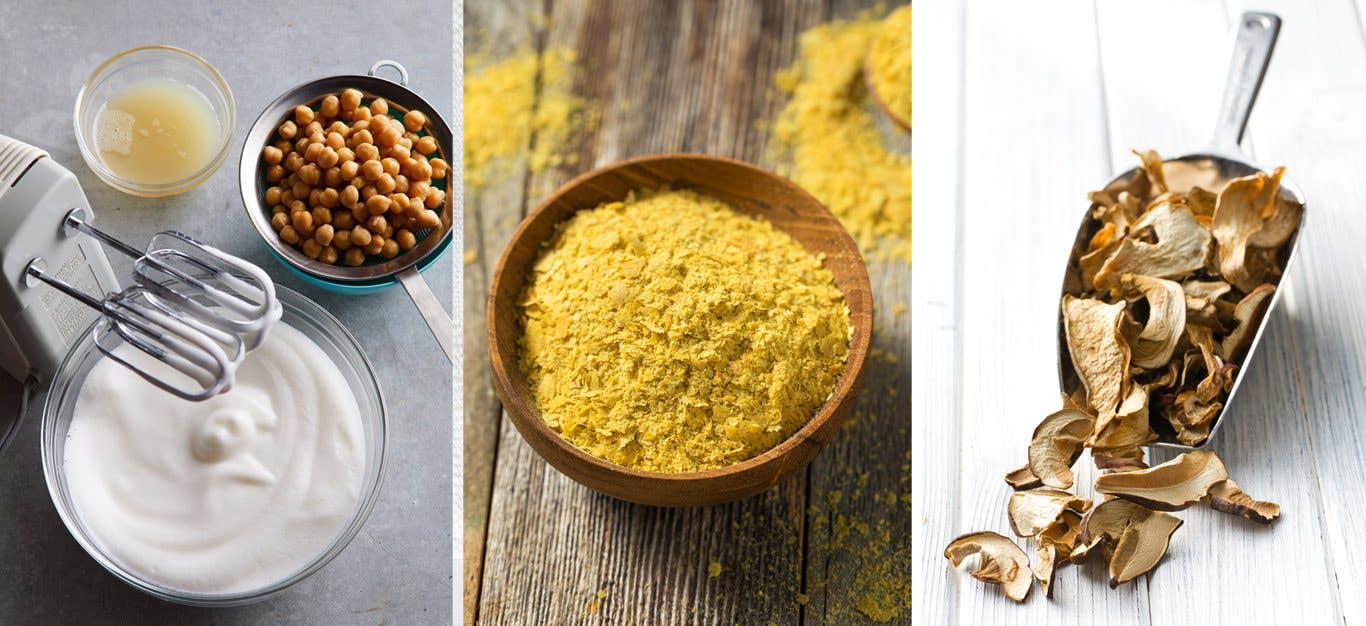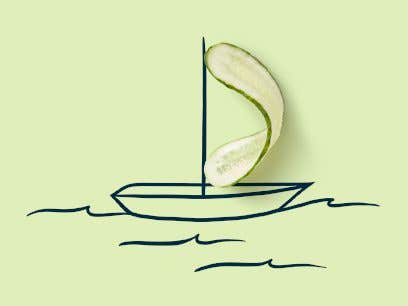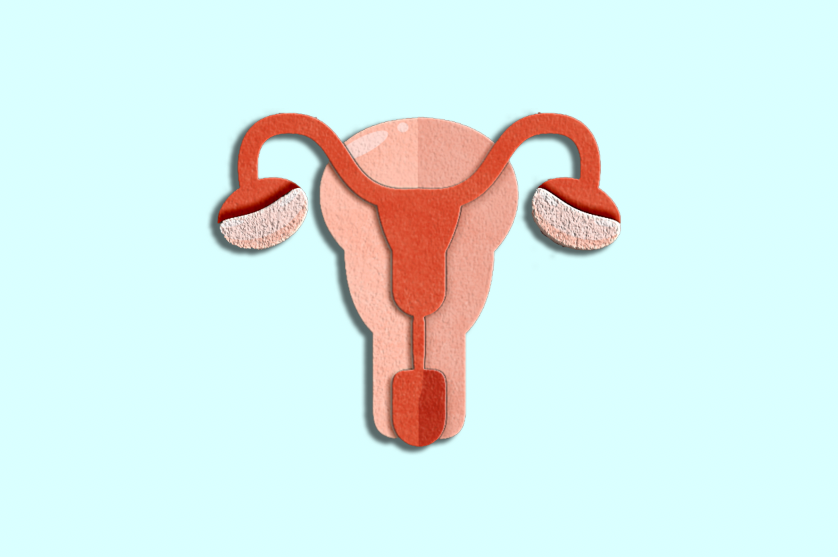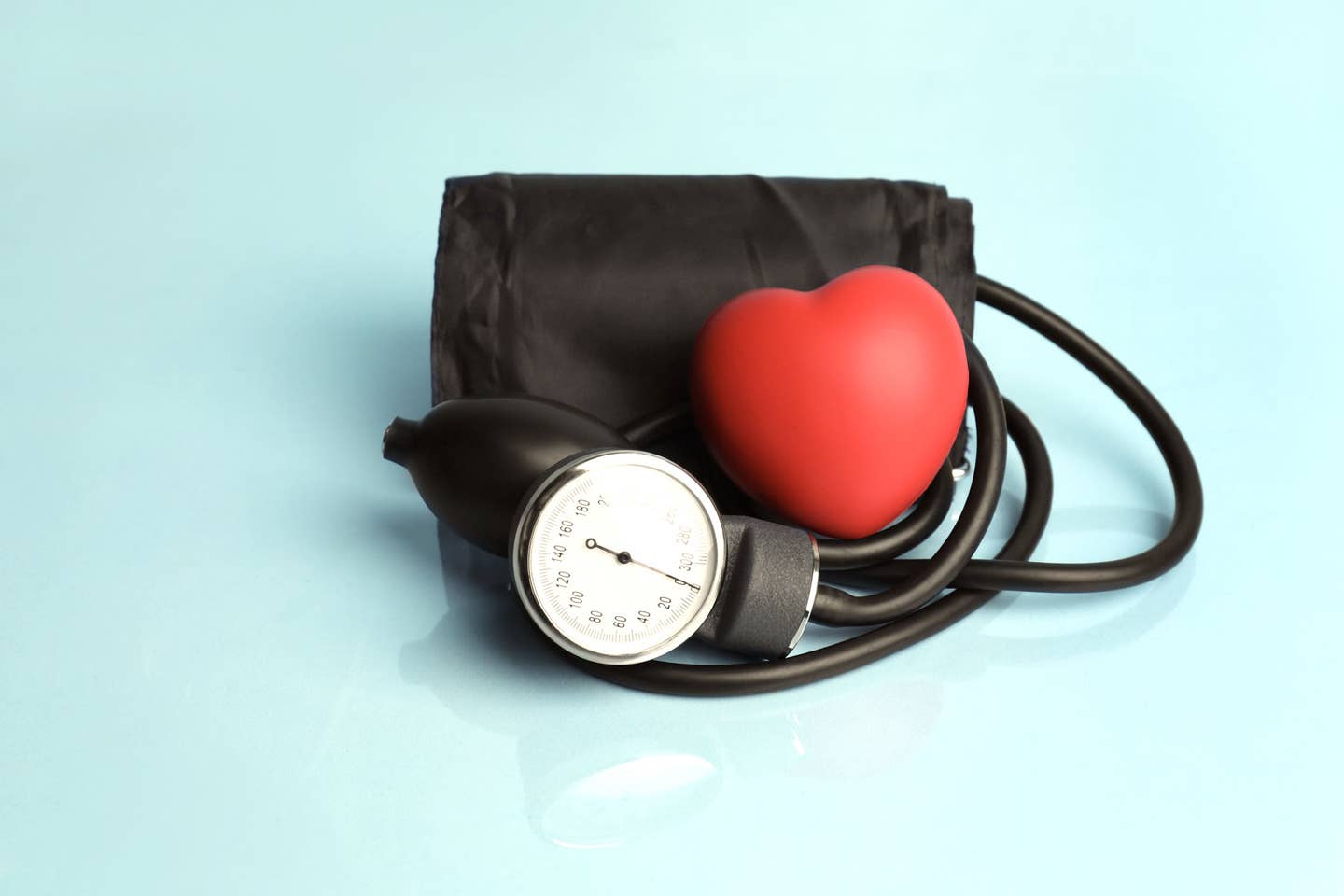HEALTH TOPICS
What Is Cholesterol? How It Works, Foods to Avoid, and the Truth About HDL
Cholesterol is a little molecule with huge implications for human health. Read on for a breakdown of how cholesterol works—including why HDL (“good”) cholesterol might not be as good as you think—and learn the most important steps you can take right now if you’re among the 38% of Americans who have high cholesterol.
What Is Cholesterol?
Cholesterol is a waxy type of lipid found in almost every cell of the body. A building block of animal life, cholesterol helps form cell membranes and plays a key role in the production of hormones, vitamin D, skin oils, and digestive acids.
The liver makes all the cholesterol that the body needs. Some factors can cause excessive levels of cholesterol to enter the bloodstream; over time, this can seriously impair our cardiovascular systems.
'Good' Cholesterol vs. 'Bad' Cholesterol
Cholesterol is not water-soluble, meaning it can’t travel through the bloodstream on its own. For transport, it gets bundled with particles called lipoproteins. The main types of lipoproteins that carry cholesterol are low-density lipoproteins (LDL) and high-density lipoproteins (HDL).
What About Triglycerides?
Like cholesterol, triglycerides are a type of fatty acid that come from our liver and from the foods we eat. They, too, get bundled with lipoproteins and carried through the body so cells can extract the fat and protein for use. When we consume more calories than we need, we take in excess triglycerides, which our body stores as fat. Because elevated triglycerides can contribute to atherosclerosis, triglyceride levels are typically measured alongside LDL and HDL cholesterol. Lifestyle measures aimed at reducing LDL cholesterol can also bring down triglycerides.
What Causes High Cholesterol?
For most people, high cholesterol is primarily lifestyle-related, the American Heart Association notes. Lifestyle factors that drive up LDL cholesterol (or decrease HDL cholesterol) include:
- Unhealthy diet
- Being overweight or obese
- Sedentary lifestyle
- Cigarette smoking
Genes play a role in the amount of cholesterol that your liver produces. Familial hypercholesterolemia, an inherited genetic condition, impacts an estimated .05% of the population. Genetics can also influence cholesterol levels in indirect ways, such as by predisposing someone to be overweight.
Having Type 2 diabetes is a risk factor for high cholesterol, though more research is needed to understand the connection.
Diet and Cholesterol
Among the lifestyle factors that can influence LDL cholesterol levels, diet plays a major role.
“Studies have shown that one of the strongest contributors to our blood levels of cholesterol, from a dietary standpoint, is our intake of saturated fat, which is found predominantly in animal products, particularly red meat (processed and unprocessed) and dairy.” Harkin adds that palm oil and coconut oil, which are found in many highly processed foods, are also high in saturated fat.
Trans fats also drive up cholesterol levels. Historically, these fats could be found in the form of partially hydrogenated oils in margarine, shortening, butter, cakes, cookies, and salty snack foods. In 2018, the Food and Drug Administration banned manufacturers from using trans fats, but these fats may still occur in deep-fried foods due to the extreme temperature at which oils are heated.
Does Eating Cholesterol Raise Cholesterol Levels?
There’s been some debate about the degree to which dietary cholesterol raises blood cholesterol levels. Because foods high in cholesterol are also typically high in saturated fat, it’s difficult to tease apart the effects of each.
However, a large 2019 study looked for associations between the consumption of cholesterol and rates of cardiovascular disease in 29,615 participants over a median of 17.5 years. They found that, independent of fat and overall diet quality, higher cholesterol intake was in fact associated with a higher risk of CVD. They identified a dose-response relationship: For every additional 300 milligrams of cholesterol consumed daily, there was a 17% increase in the risk of CVD and 18% increase in the risk of death from all causes. (For reference, a single egg contains around 180 milligrams of cholesterol.) Similarly, in 2025 a large-scale study found that participants who consumed more than 300 milligrams of cholesterol each day had a 15% higher risk of heart attack than those who consumed less than 300 milligrams daily.
The easiest way to keep cholesterol out of your diet is to steer clear of animal products. All animals produce cholesterol in their livers, so when we eat other animals or animal-based products, we consume their cholesterol. (This is why, when checking nutrition labels, the presence of any cholesterol is a telltale sign that an item isn’t vegan—though the absence of it doesn’t guarantee that a product is vegan.)
What Are Normal Cholesterol Levels?
Ranges for “normal” cholesterol levels vary based on age, sex, and medical history, but according to the Mayo Clinic, adults age 20 and older should aim for the following numbers.
Interpreting Total Cholesterol Numbers
| Total Cholesterol (mg/dL) | Results |
| Below 200 | Desirable |
| 200–239 | Borderline high |
| 240 and above | High |
Source: Mayo Clinic
Interpreting LDL Cholesterol Numbers
| LDL Cholesterol (mg/dL) | Results |
| Below 70 | Optimal for people who have coronary artery disease (CAD) |
| Below 100 | Optimal for people who have diabetes or other risk factors for CAD |
| 100–129 | Near optimal if there is no CAD; high if there is CAD |
| 130–159 | Borderline high if there is no CAD; high if there is CAD |
| 160–189 | High if there is no CAD; very high if there is CAD |
| 190 and above | Very high, likely representing a genetic condition |
Source: Mayo Clinic
Interpreting HDL Cholesterol Numbers
| HDL Cholesterol (mg/dL) | Poor | Better | Optimal |
| Men | Below 40 | 40–59 | 60 and above* |
| Women | Below 50 | 50–59 | 60 and above* |
Source: Mayo Clinic
*Note: There is some debate about whether HDL cholesterol in excess of 60 mg/dL is truly beneficial. LDL cholesterol levels may be a more reliable indicator of cardiovascular health.
For more detailed information about normal cholesterol levels, see the American Heart Association and American College of Cardiology guidelines for clinicians.
Complications of High Cholesterol
The primary complication arising from high cholesterol is cardiovascular disease, including coronary artery disease, stroke, and myocardial infarction (heart attack). Strokes and heart attacks follow a similar chain of events: An arterial plaque ruptures. A blood clot forms on the ruptured plaque. The blood clot completely blocks blood from flowing through the artery, preventing blood from getting to the brain (in the case of stroke) or the heart (in the case of heart attack).
High cholesterol and resulting atherosclerosis may contribute to high blood pressure, as the heart has to work harder to pump blood through constricted, plaque-laden blood vessels.
In addition to cardiovascular complications, a number of studies suggest that high cholesterol may impair insulin sensitivity, leading to insulin resistance. Insulin resistance significantly increases the risk of several chronic diseases including Type 2 diabetes, fatty liver disease, chronic kidney disease, and Alzheimer’s disease.
How to Lower Cholesterol
For patients with extremely high cholesterol and/or established cardiovascular disease, lipid-lowering medications, such as statins, may be necessary. For many people, lifestyle modifications alone may be enough to bring cholesterol down into the healthy range.
“For the vast majority of patients who have elevated cholesterol and who do not yet have heart disease, the first-line therapy is lifestyle modifications,” says Harkin. “That involves changes in diet, exercise, and all the other lifestyle factors, but diet [is] one of the biggest levers that we can pull.”
Success Stories
Forks Over Knives has heard from many readers over the years who have reduced their cholesterol after adopting a whole-food, plant-based lifestyle.
- I Put High Cholesterol, Severe Arthritis Behind Me by Changing My Diet
- LDL Cholesterol Cut in Half on a Plant-Based Diet
- What Giving Up Meat, Dairy, and Processed Foods Did for My BMI, Blood Pressure, and Cholesterol
- Since Going Plant-Based, I've Lost 45 Pounds, Lowered My Cholesterol, and Stopped Getting Uterine Fibroids
- How I Curbed High Cholesterol, Fibroids, Heartburn, and Anemia
- I Suffered a Widowmaker Heart Attack at 45. Today I'm Thriving on a Plant-Based Diet
To learn more about a whole-food, plant-based diet, visit our Plant-Based Primer. For meal-planning support, check out Forks Meal Planner, FOK’s easy weekly meal-planning tool to keep you on a healthy plant-based path.
About the Author

About the Author
Courtney Davison
Courtney Davison is Forks Over Knives’ managing editor. A writer and editor on a wide range of subjects, she co-wrote a nationally syndicated advice column from 2016 to 2018 and co-authored the 2018 book Ask Me Anything: A Year of Advice from Dear Annie. She is a longtime vegan and in her free time enjoys trying new recipes and spending quality time with her cats. Find her on LinkedIn.
SIMILAR ARTICLES
Join our mailing list
Get free recipes and the latest info on living a happy, healthy plant-based lifestyle.
By providing your email address, you consent to receive newsletter emails from Forks Over Knives. We value your privacy and will keep your email address safe. You may unsubscribe from our emails at any time.

